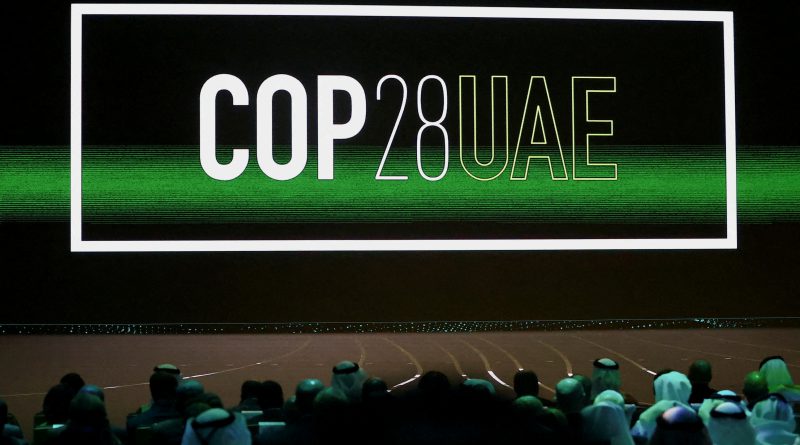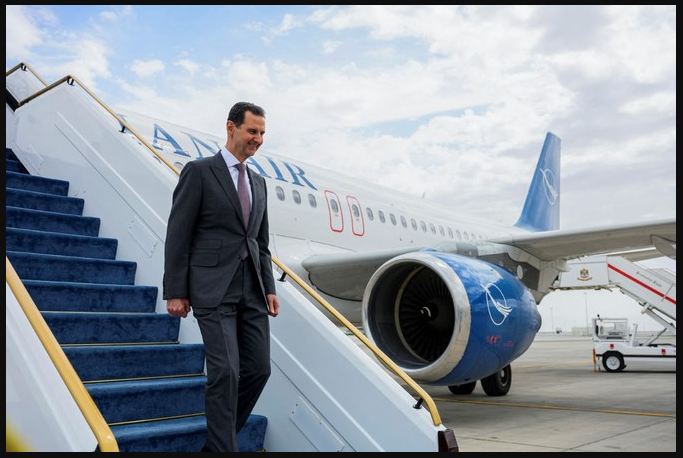UAE says committed to meet CO2 emissions targets after criticism
Brussels (Reuters) – The United Arab Emirates has said it is committed to delivering targets to cut the CO2 emissions causing climate change after an independent research group said the country, which will host this year’s COP28 climate summit, is far off track.
In an analysis published last week, research consortium Climate Action Tracker (CAT) said the UAE would miss its climate targets by a large margin if it went ahead with plans to expand oil and gas production and use – and saw its CO2 emissions rise through to 2030, at odds with the sharp decrease needed to curb climate change.
“The UAE has recently updated its Nationally Determined Contributions and is fully committed to achieving its ambitious emission targets,” the UAE’s Ministry of Climate Change and Environment said in a statement responding to the CAT analysis.
A Nationally Determined Contribution is the domestic target to cut CO2 emissions that each country sets under the Paris Agreement, as its contribution to curbing global warming.
The ministry said the UAE’s new, more ambitious emissions-cutting target, announced earlier this month, was a “substantial acceleration” of its path towards having net zero emissions by 2050.
The new goal is “bringing the UAE in line with the ambition and determination shown by many of our most progressive climate partners to keep 1.5C within reach,” it said.
In its analysis, CAT said the UAE’s plans to expand oil and gas production and consumption would bust the country’s climate targets – even if it expanded clean energy sources at the same time – and were inconsistent with limiting global warming to 1.5C.
Countries agreed under the Paris Agreement to curb climate change to 1.5 Celsius above pre-industrial levels, the limit scientists say would avoid impacts far more disastrous than the deadly wildfires, heat and floods already ravaging countries around the world today.
The UAE’s new target is to cut emissions 40% by 2030 compared with where emissions would have stood under a “business as usual” scenario.



